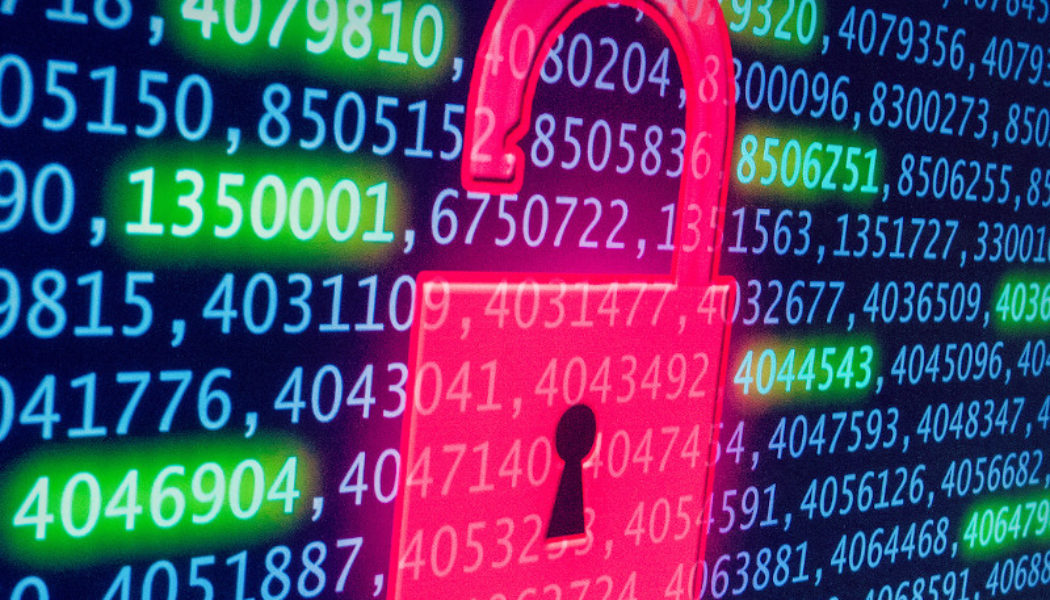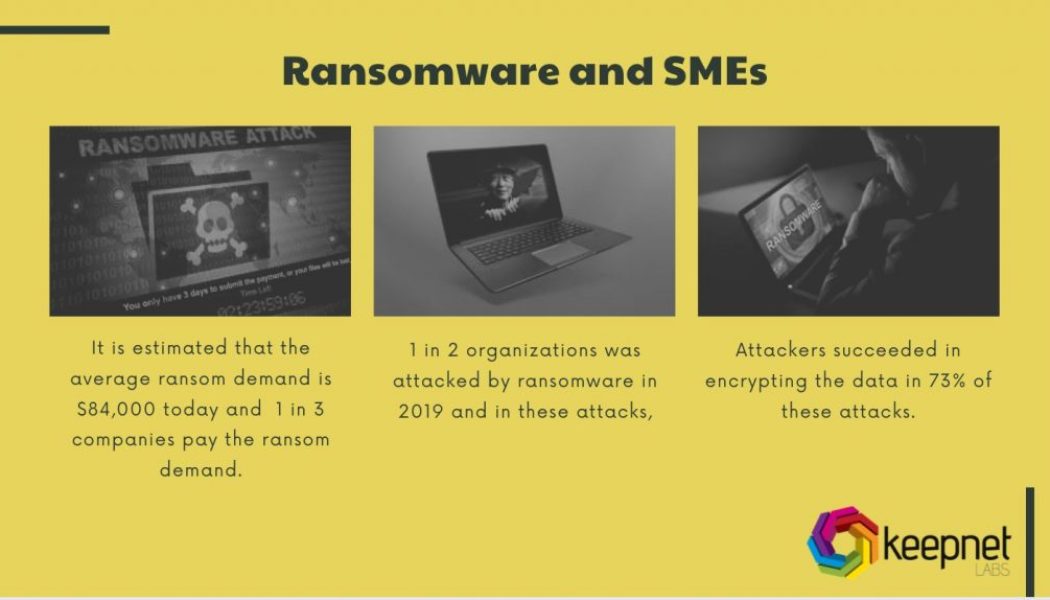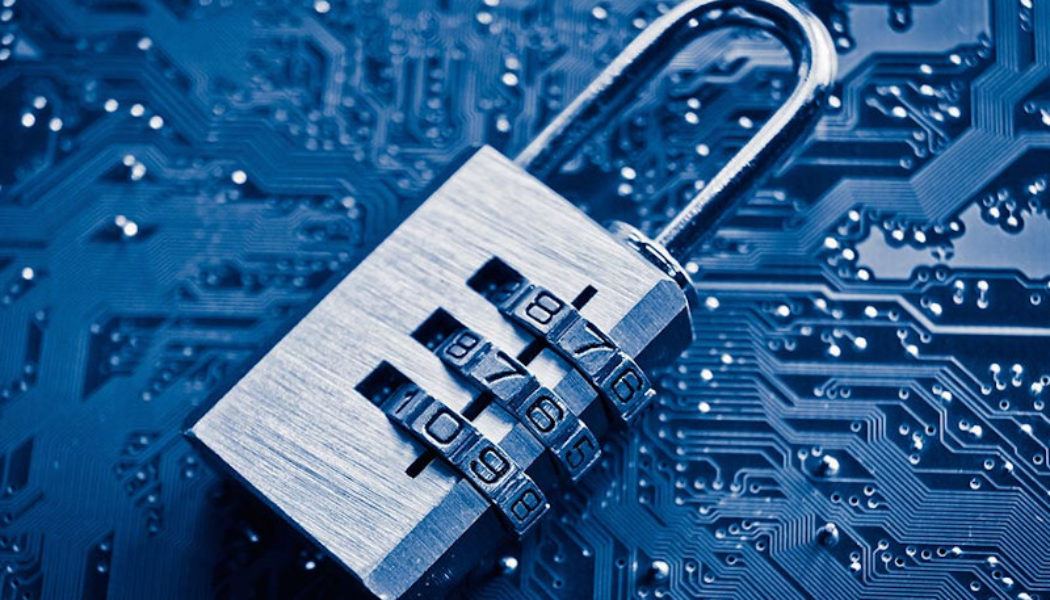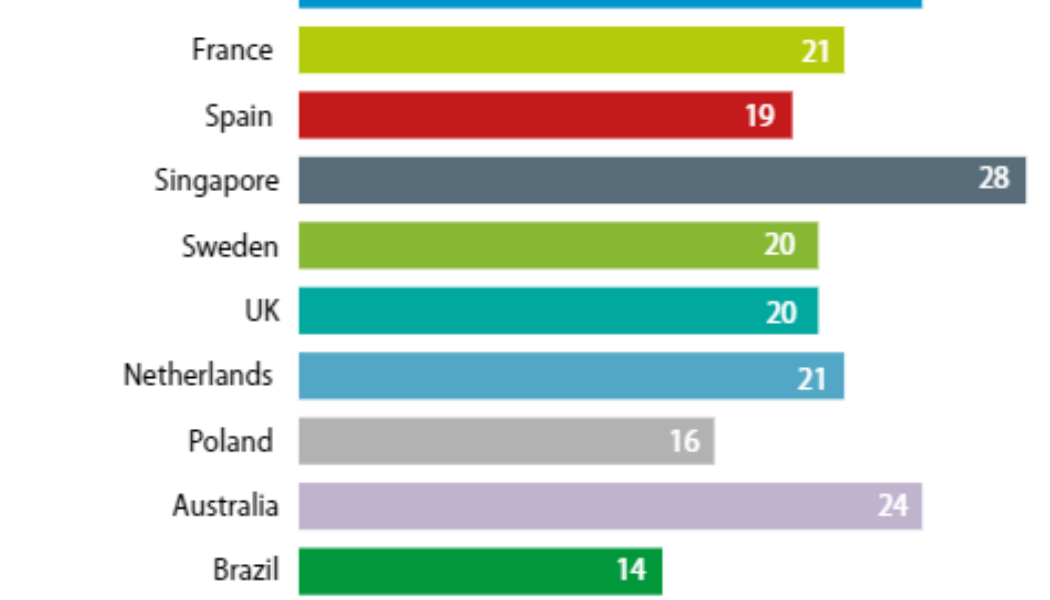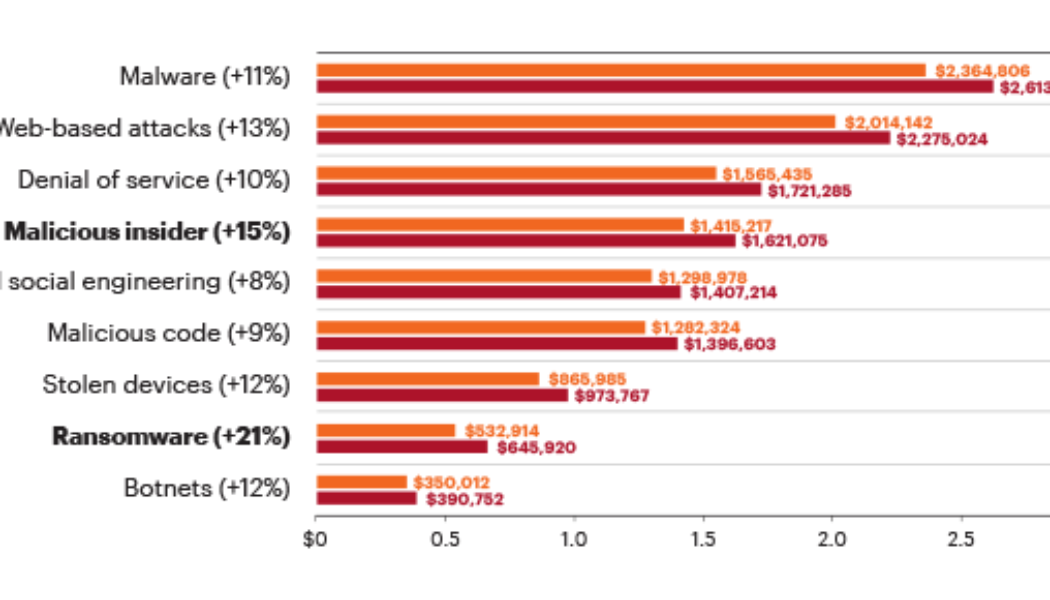cybersecurity
A Cyberattack Happens Every 11 Seconds, Choose Your Cloud Wisely
Sourced from International IDEA Cybersecurity experts predict that there is currently a cyberattack incident approximately every 11 seconds worldwide. This is almost double what it was in 2019 (every 19 seconds), and four times more than five years ago (every 40 seconds in 2016). Aside from these concerning statistics, what is even more alarming is the degree to which the sophistication of these attacks has grown. We are just over a year and a half into the pandemic and the way organisations approach cybersecurity has been embraced at an accelerated pace. With the vast majority of companies adopting fully remote or hybrid working arrangements, there has been a firm focus on the implementation of additional cybersecurity measures to keep critical operations secure. But, despite all efforts ...
What SMEs Should Know About Ransomware
Image sourced from Feed Navigator. Ransomware attacks are on the rise and malicious cybercriminals are always fine-tuning their strategies. Business leaders need to realise that their tactics include disrupting critical business operations across all industry verticals and businesses of all sizes, including small to midsize enterprises (SMEs). With most of the recent headline-making ransomware attacks against larger organisations who are likely to be more financially capable of meeting exceeding large ransom demands, the findings around the targeting of smaller businesses with fewer resources raise the question as to why ransomware operators are going after SMEs in the first place. The frequency and severity of successful ransomware attacks have a tremendous impact on victim organisations ...
Cybersecurity Should Be a Top Priority for Africa’s Digital Transformation
Sourced from Travellers Cloud adoption in South Africa and many other African countries is accelerating, helped along by the COVID-19 workplace disruption, and the need to reduce costs, manage risk and scale, and become more competitive. There are many drivers behind digital transformation strategies and many decisions that need to be made, such as which public cloud to consume. However, this should be less urgent than addressing security concerns. As we continue to work with organisations in different industries spread across our diverse continent, cybersecurity and cyber risk are increasingly important considerations for the C-suite. Against the backdrop of high-profile security breaches and ransomware, addressing security weaknesses are a key part of the success of digital transformatio...
Only 20% of Cybersecurity Workforce Are Women Despite Industry Skills Deficit
Image sourced from OpportunitiesNB. “Diversity is more than gender. It is race, culture, ability and country. It is mixing up the talent pool and adding in the unique insights and perspectives that different people from different walks of life bring to create teams that are more engaging and innovative,” opines Anna Collard, SVP Content Strategy & Evangelist at KnowBe4 AFRICA. “It will also go a very long way towards filling the very real and very large security skills hole that is growing wider every day.” According to Collard, diversity is a critical and strategic step that the cybersecurity industry depends on to ensure longevity and ongoing security capability. “Women only make up about 20% of the current cybersecurity workforce and yet one of the top pain points for the CISO is th...
The High Cost of Cybercrime is Getting Higher
Image sourced from Finance Times. If cybercrime organizations could be publicly traded, we’d have an instant new multibillion-dollar industry sector. Indeed, cyber threats have become so pervasive that U.S. President Joe Biden recently signed an executive order aimed at improving federal cybersecurity in the wake of multiple significant cyberattacks, including the ransomware attack that shut down the Colonial Pipeline. Meanwhile, a broad coalition of experts in the industry, government, law enforcement, civil society, and international organizations have joined together in the Ransomware Task Force to build a framework for combatting ransomware. Ransomware attacks are only one method, however. Threat actors also use distributed denial-of-service (DDoS) attacks to ratchet up the p...
Using AI to Beat Cybercriminals at their Own Game
Artificial intelligence (AI) technology is a powerful technology, and because of this, it holds great potential for exploitation by cybercriminals. Considering this, the only way that security leaders can stay ahead of bad actors is by gaining a true understanding of how this technology can be weaponised. Then, they can begin to develop effective strategies for confronting AI threats head-on. Malicious Uses of AI Technology As AI grows in adoption and sophistication, cybercriminals are looking for ways to seize upon its potential. The Electronic Frontier Foundation was already warning about potential malicious uses of AI back in 2018, including threats to digital, physical, and political security. And now, AI precursors combined with swarm technology can be used to infiltrate a networ...
The Shift to Remote Working Has Led to Bad Online Security Habits
More than 50% of IT teams believe that employees have bad security habits. Habits they’ve developed since moving their offices into the home and that put their information, systems and employers at risk. The statistic comes from the Tessian Back to Work Security Behaviors Report that also found an age discrepancy when it came to who practised the best security from home. Around 51% of 16–24-year-olds and 46% of 25–34-year-olds reported that they used security workarounds, while two in five people said that the security behaviours they adopted at home were very different from those they used in the office. Training A Top Priority For Anna Collard, SVP Content Strategy & Evangelist at KnowBe4 AFRICA, this draws a thick red marker around the need to ensure that people and security trainin...
UK police seize $249.5 million worth of cryptocurrency
The British police on Tuesday said they have seized £180 million ($249.5 million) of an undisclosed cryptocurrency, as part of a money laundering investigation launched against organised crime groups that moved into cryptocurrencies in order to clean their money. The latest seizure happened in less than three weeks after the London police made a £114 million haul on June 24 as part of its money laundering investigation. By this, a cryptocurrency payload totalling £294 million ($408 million) has been reportedly seized so far under the money laundering investigation. “While cash still remains king in the criminal world, as digital platforms develop we’re increasingly seeing organised criminals using cryptocurrency to launder their dirty money,” Reuters quoted Graham McNulty, a metropolitan P...
